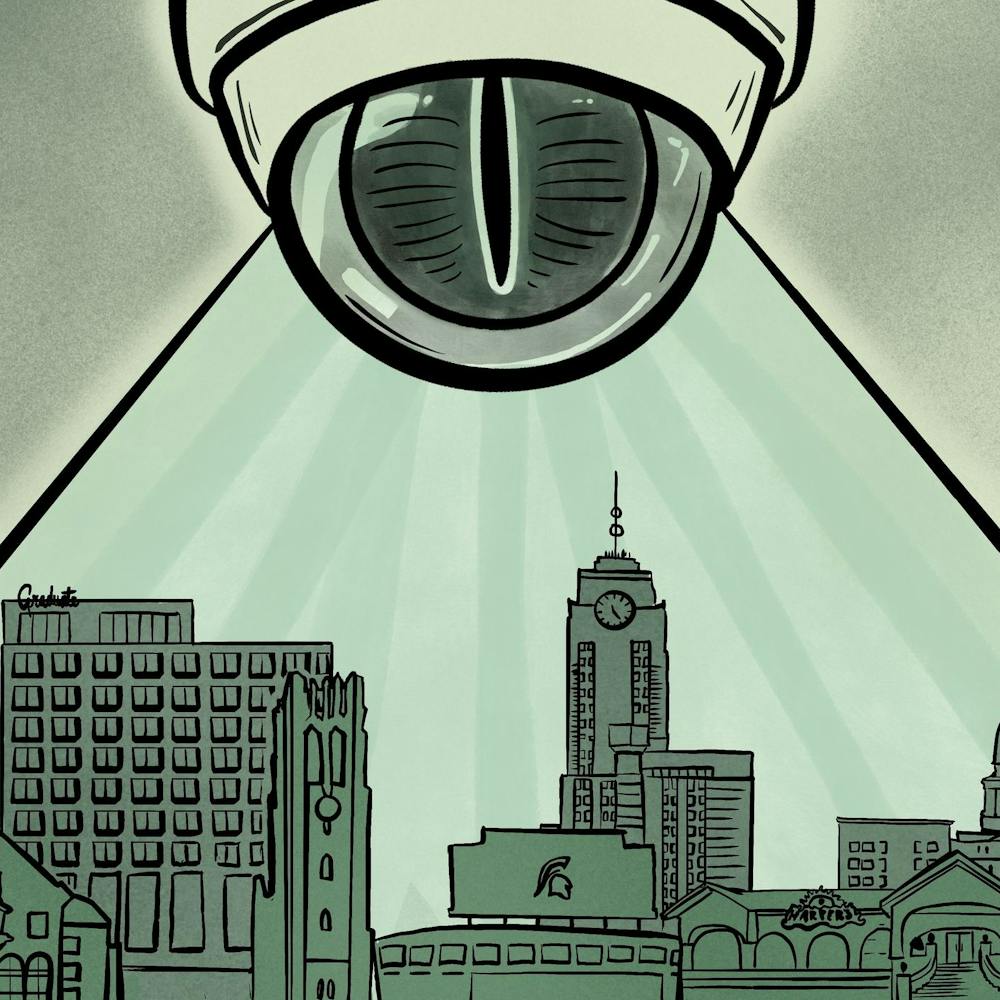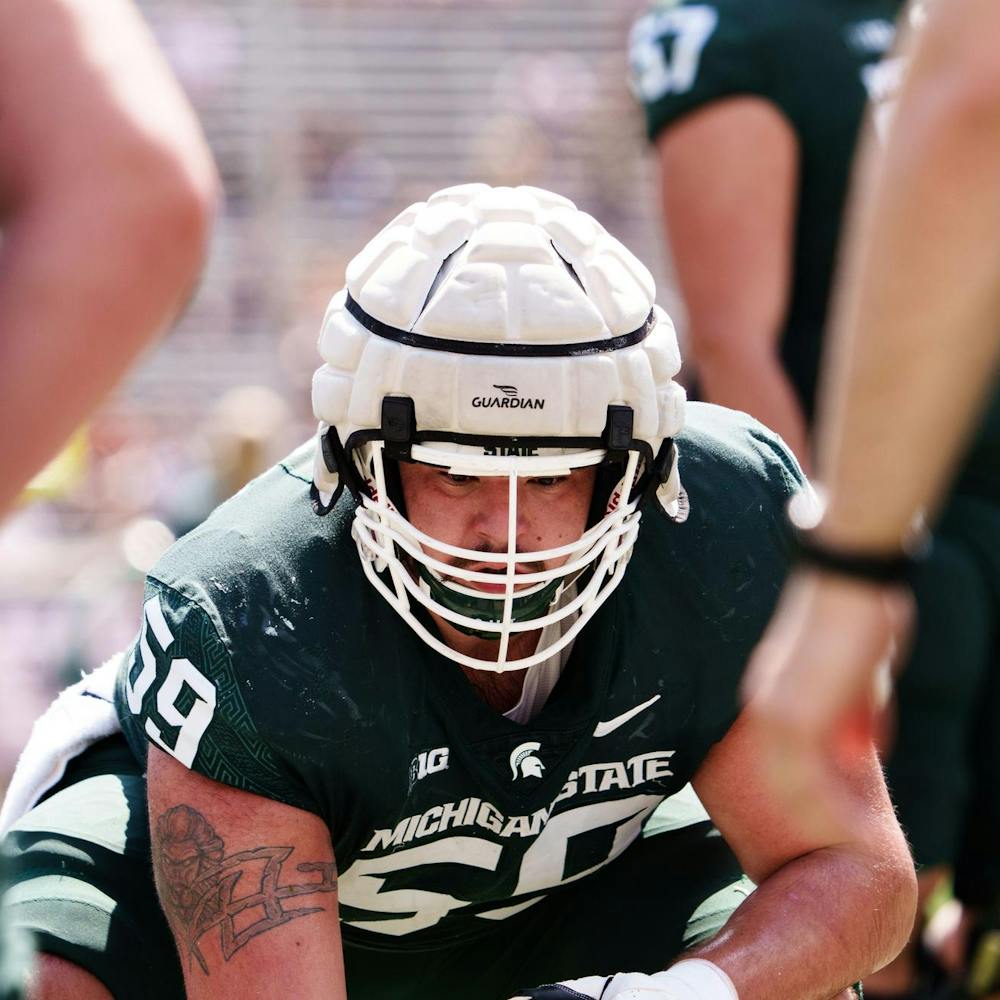Cassie Kraft loves the taste of Mountain Dew and drinks about two 20-ounce bottles of it every day. Although her parents didn’t always keep soda pop in the house when she was young, she’s still managed to drink it her entire life.
“I’m not scared about the health risks of drinking pop, but in elementary schools I don’t think pop should be sold,” the studio arts sophomore said.
Health officials rallied Wednesday to support a bill that prohibits the sale of soda pop in Michigan elementary and middle schools and limits its sale in high schools.
State Rep. Virg Bernero, who led the meeting, said he thinks schools are putting money ahead of children’s health.
“The soda pop industry has paid for new scoreboards for gymnasiums, the Science Olympiad and leadership conferences for student government, all worthy causes,” the Lansing Democrat said. “But we shouldn’t offer our children’s health in exchange for these things. The issue is the soda pop industry against our children’s health. Children are fatter, sicker, their bones are weaker and they will suffer the dental health consequences for years to come.”
Bernero said schools receive an average of 50 cents for each can of soda pop they sell. Bernero said it costs money to set up milk machines, but schools make money off of soda pop machines.
“I dare schools to put up a milk machine for every pop machine they have,” he said. “The schools wouldn’t do it because the milk machines would compete with the pop machines.”
Jim Ballard, executive director of Michigan Association of Secondary School Principals, said prohibiting the sale of soda pop would take away activities that students enjoy.
“This is not a school issue, it’s a parental issue,” Ballard said. “Dentists used to give children suckers. They should be providing information on pop instead of prohibiting it.”
Dr. Sonja Norris, director of Healthy Smiles Dental Center, 2815 S. Pennsylvania Ave. in Lansing, said there are 17 teaspoons of sugar in a 20-ounce bottle of soda pop - the recommended daily intake of sugar is 18 teaspoons.
“In the one year I’ve worked at the clinic, I’ve seen more tooth decay than I’ll probably see in my whole life, and this is due to soda pop,” Norris said. “Caffeine is addictive. Some children go through six pops a day.”
Olin Health Center nutritionist Ronda Bokram said drinking soda pop has become a habit for college students - a habit they might have learned as children.
“You can get pop in so many places around campus, and it doesn’t spoil like milk does,” Bokram said. “While you live at home, you have a better opportunity to drink milk and a better variety of food, but at college your diet is more limited.”
Bokram said soda pop does not affect college-aged students differently than elementary and middle-schoolers because it’s not a matter of age - but it is a matter of the quantity of soda pop someone drinks.
“Eating or drinking anything in large quantities is bad for you,” she said. “It’s bad to eat an excessive amount of carrots just like it’s bad to drink six cans of pop a day.”
There are 326 soda pop machines in residence halls and buildings around campus. University Housing officials said each year students living in residence halls drink 127,000 gallons of juice, 193,000 gallons milk and 354,000 gallons of soda pop, which includes sports drinks.
Journalism junior Alexandra Thompson drinks about one can of soda pop a month.
“I’ve just never liked pop,” Thompson said. “I prefer to drink juice. I don’t drink diet pop either because of the sugar substitutes that might cause nasty diseases.”
Thompson said although she doesn’t drink soda pop, she knows people who are addicted to it.
“There’s a girl in my morning class that brings two cans of Diet Coke every day,” she said. “Once you start drinking it a lot, you continue to drink it as you get older.”





